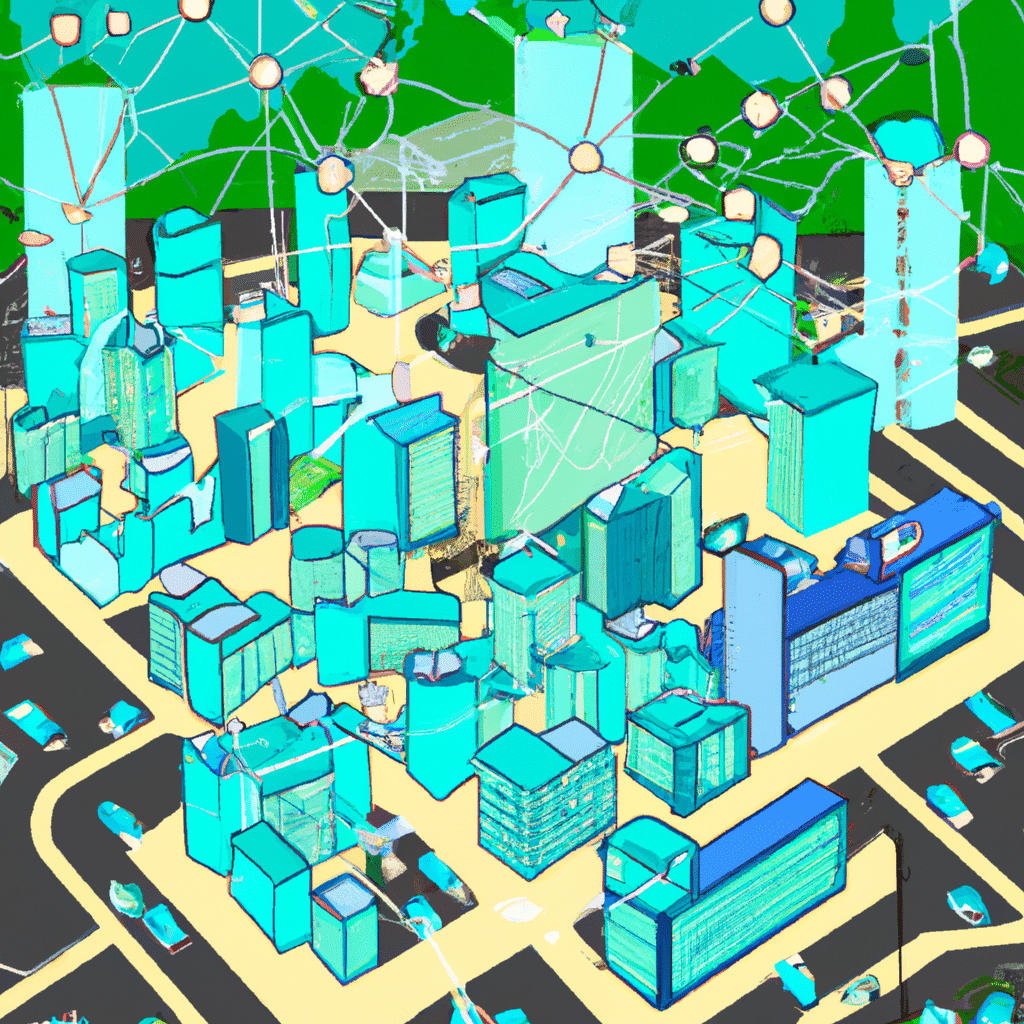The Potential of AI in Improving Public Health
Artificial intelligence (AI) is transforming the healthcare industry, offering a range of solutions to the challenges faced by healthcare providers worldwide. From improving disease diagnosis to predicting and preventing the spread of pandemics, AI has the potential to revolutionize public health. In this article, we will explore the ways in which AI can improve public health, and how it can be used to create a healthier and safer world for all.

AI for Disease Diagnosis
One of the most promising applications of AI in public health is disease diagnosis. AI algorithms can analyze vast amounts of medical data, including patient symptoms, medical images, and genetic information, to identify patterns and predict disease outcomes. This can help doctors to diagnose diseases more accurately and provide personalized treatment plans for patients.
For example, AI-powered image recognition tools can analyze medical images such as X-rays, CT scans, and MRIs to detect abnormalities in the body. This can help doctors to diagnose diseases such as cancer, heart disease, and stroke at an early stage, when treatment is more effective.
AI can also be used to analyze genetic data to predict the likelihood of a patient developing certain diseases, such as Alzheimer’s or diabetes. This can enable doctors to provide personalized preventative care for patients, including lifestyle changes and early interventions.
AI for Pandemic Preparedness
The COVID-19 pandemic has highlighted the importance of pandemic preparedness and the need for effective disease surveillance systems. AI can play a critical role in preventing and controlling pandemics by identifying outbreaks early and predicting their spread.
AI algorithms can analyze real-time data from a range of sources, including social media, news reports, and healthcare systems, to detect disease outbreaks and predict their trajectory. This can help public health officials to respond quickly and effectively, by implementing targeted interventions such as quarantining affected individuals and implementing social distancing measures.
AI can also be used to develop and test new vaccines and treatments for emerging diseases, such as COVID-19. By simulating the effects of different drugs on the virus, AI can help researchers to identify the most effective treatments and accelerate the development of new vaccines.
AI for Healthcare Management
AI can also be used to improve healthcare management, by optimizing resource allocation and improving patient outcomes. AI algorithms can analyze patient data to identify patterns and predict outcomes, enabling healthcare providers to allocate resources more efficiently and provide personalized care.
For example, AI-powered predictive analytics tools can analyze patient data to predict which patients are at risk of readmission to hospital. This can enable healthcare providers to provide targeted interventions, such as post-discharge follow-up care, to reduce the risk of readmission and improve patient outcomes.
AI can also be used to optimize healthcare workflows, by automating routine tasks and reducing administrative burdens. This can free up healthcare professionals to focus on patient care and improve the overall quality of care provided.
Conclusion
AI has the potential to revolutionize public health, offering a range of solutions to the challenges faced by healthcare providers worldwide. By improving disease diagnosis, predicting and preventing pandemics, and optimizing healthcare management, AI can create a healthier and safer world for all. As AI technology continues to evolve, it is likely that we will see even more innovative applications of AI in public health, leading to improved outcomes for patients and communities around the world.












